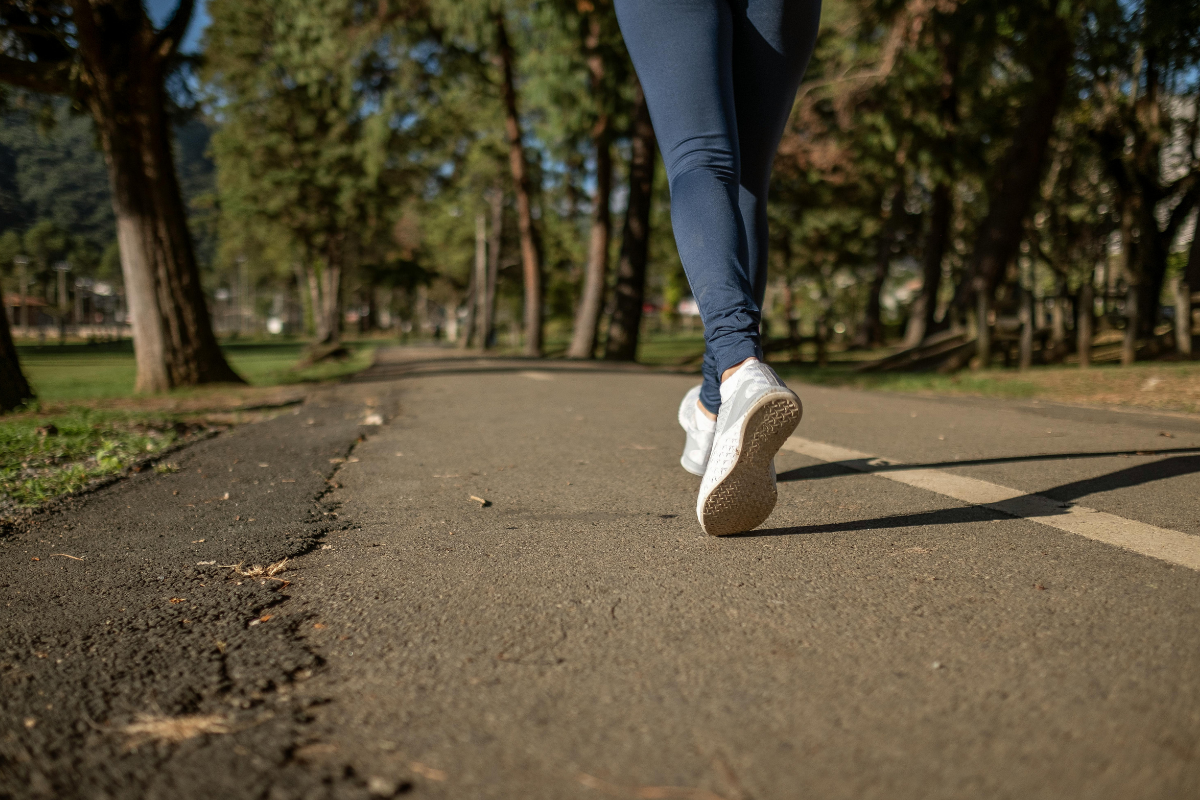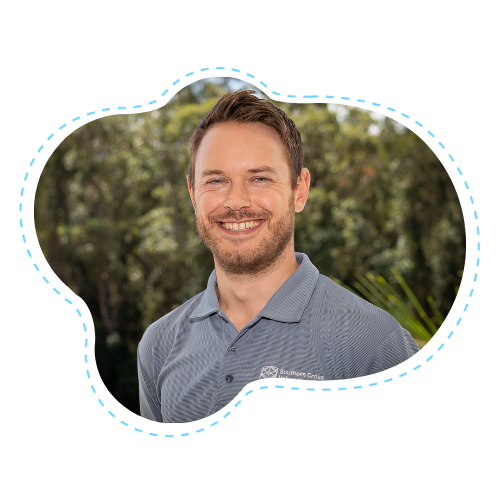Kickstart your journey to a healthier, more active lifestyle with Open to Move, a new, free, innovative online program designed to help you set goals that work for you. This yearlong program empowers participants with tools, mentoring, and expert guidance to build lasting healthy habits. Whether you're looking to try something new or sustain a long-term fitness plan, Open to Move is here to support you every step of the way. Sign up today and take the first step towards a more active, fulfilling 2025!

Are your physical activity goals specific or nonspecific?
As we welcome 2025, many of us are setting goals to become healthier and more active. But did you know that the type of goal you set can make a difference in whether you succeed (1)? Goals generally fall into two goal type domains:
- Specific goals are clear and involve defined, measurable targets (1), like “I will walk 10,000 steps daily” or “I will run a 5km race in less than 30 minutes.”
- Nonspecific goals contain a degree of uncertainty but leave room for exploration (2), like “I am going to see how many steps I can take today” or “I am going to see how well I can do in this 5km race.”
Depending on each individual, some goal types may be better suited than others (3). Open to Move is based on nonspecific goals to give you more flexibility, while still helping you challenge yourself to be more active.
Open to move - a different way to set goals
That’s where Open to Move, an innovative goal setting program, comes in. This free, yearlong program is designed to help adults not only increase their physical activity but also sustain it, offering goal setting tools and support needed to build lasting healthy habits.
Open to Move provides participants with:
- Six months of mentoring with a physical activity researcher through one-to-one Zoom meetings.
- Access to the Open to Move app to track progress and stay motivated.
- Expertise from world-leading physical activity researchers to guide you through the goal setting process.
- Opportunities to share feedback through surveys and interviews, contributing to cutting-edge research
- Gift vouchers at the six- and 12-month milestones as an thank-you for participation
Note: Participation in Open to Move can nicely complement your use of our 10,000 Steps program, especially if you're interested in individualised goal setting support.
Designed with you in mind
Led by Professor Christian Swann, Head of the Physical Activity, Sport, and Exercise Research (PASER) group at Southern Cross University, this program is designed to make it easier for you to get active. “We are really proud to launch Open to Move. It’s an exciting project designed by some of the world’s leading physical activity researchers, and we hope it helps people who are trying to get more active”, Professor Swann explains.
“We are able to provide free support for a whole year, including regular one-to-one meetings during the first six months, which is designed to help people build habits and stick with a more active lifestyle long-term. Best of all, we may even be able to help people achieve their New Year’s resolutions in 2025!”
Who can join?
If you are aged 18-69, live in Australia, own a smartphone, are fluent in English, and have access to Zoom, you may be eligible to participate. Visit www.opentomove.com.au to learn more, check your eligibility, and register your interest.
About the Study
The Open to Move programme is supported by the Australian Government through the Australian Research Council’s Discovery Project scheme (DP240101163). It is a collaboration between Southern Cross University and University of Wollongong, the University of Southern Queensland, University of New South Wales, the University of British Columbia, the University of Lincoln, the University of South Carolina, and the 10,000 Steps Program.
The study has been approved by the Southern Cross University Human Research Ethics Committee (HREC2024/088).
About the Author
Professor Christian Swann is the lead researcher of Open to Move. He is a Professor of Psychology in the Faculty of Health at Southern Cross University, where he leads the Physical Activity, Sport and Exercise Research (PASER) group. Christian's background is in sport and exercise psychology, and his expertise is in goal setting. His research focuses on how to set goals to increase and maintain physical activity, and he is particularly interested in how different goal setting approaches make us feel while we pursue them — as well as how they influence our mental health. Based in Coffs Harbour (NSW), Christian is forced to get out for two walks a day by his border collie who also insists on playing fetch.

References
- McEwan D, Harden SM, Zumbo BD, Sylvester BD, Kaulius M, Ruissen GR, et al. The effectiveness of multi-component goal setting interventions for changing physical activity behaviour: a systematic review and meta-analysis. Health Psychol Rev. 2016 Jan 2;10(1):67–88.
- Wallace SG, Etkin J. How Goal Specificity Shapes Motivation: A Reference Points Perspective. Gita J, Bagchi R, editors. J Consum Res. 2018 Feb 1;44(5):1033–51.
- Swann C, Rosenbaum S, Lawrence A, Vella SA, McEwan D, Ekkekakis P. Updating goal-setting theory in physical activity promotion: a critical conceptual review. Health Psychol Rev. 2021 Jan 2;15(1):34–50.
